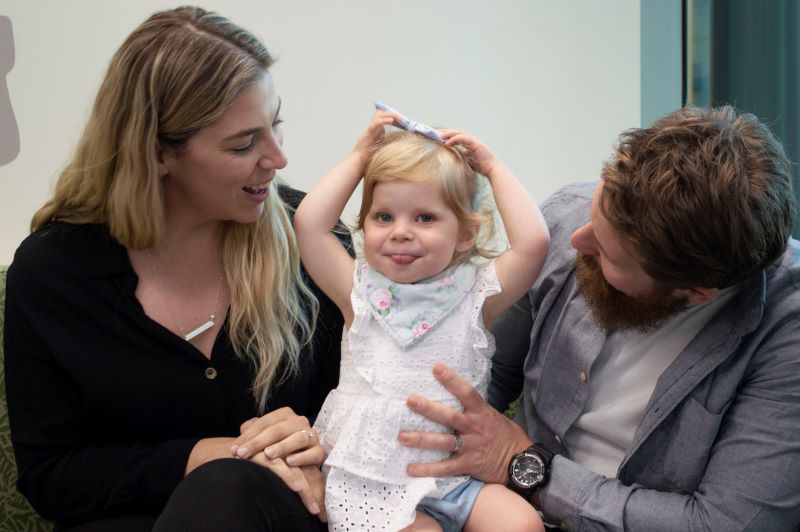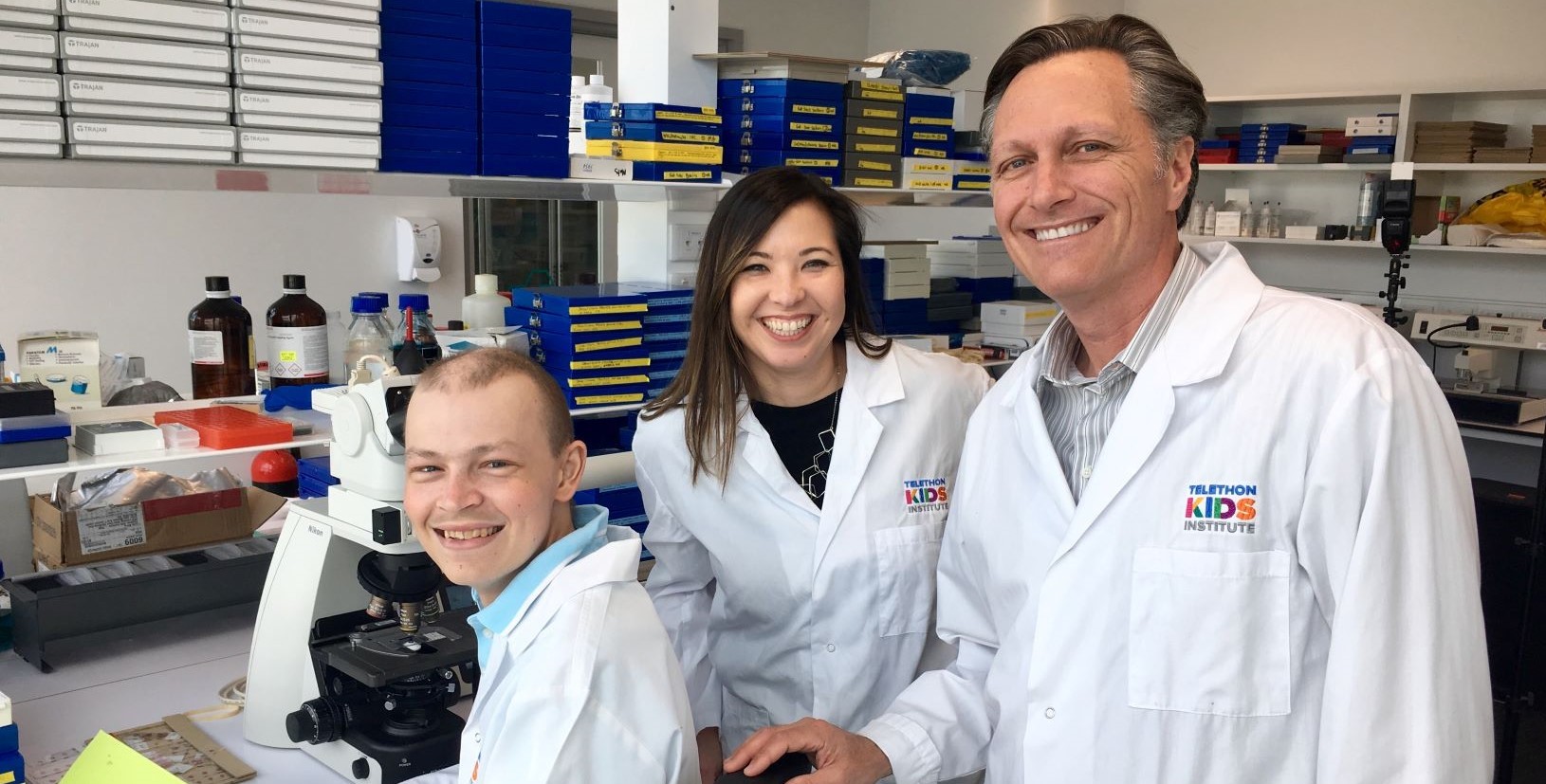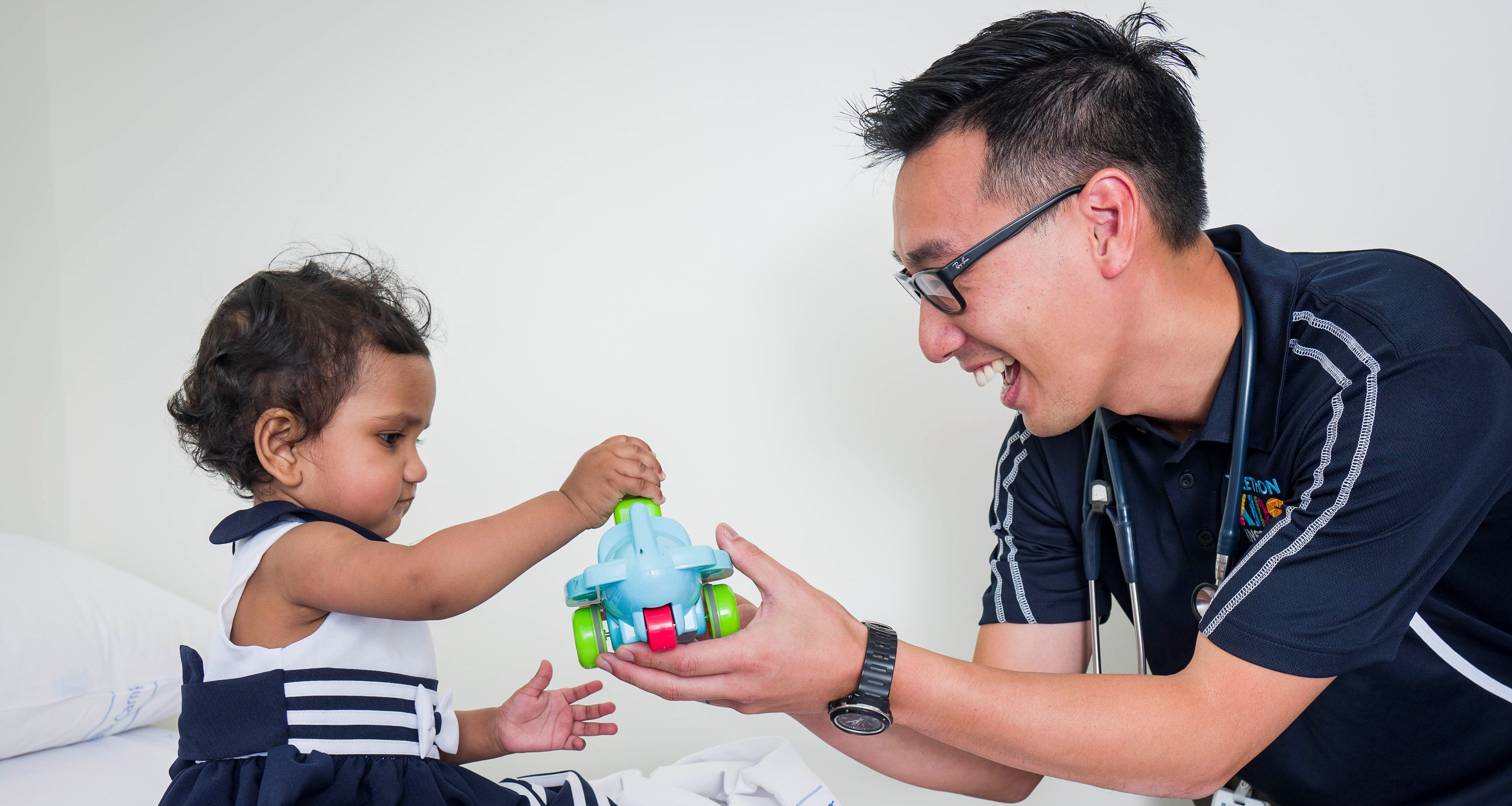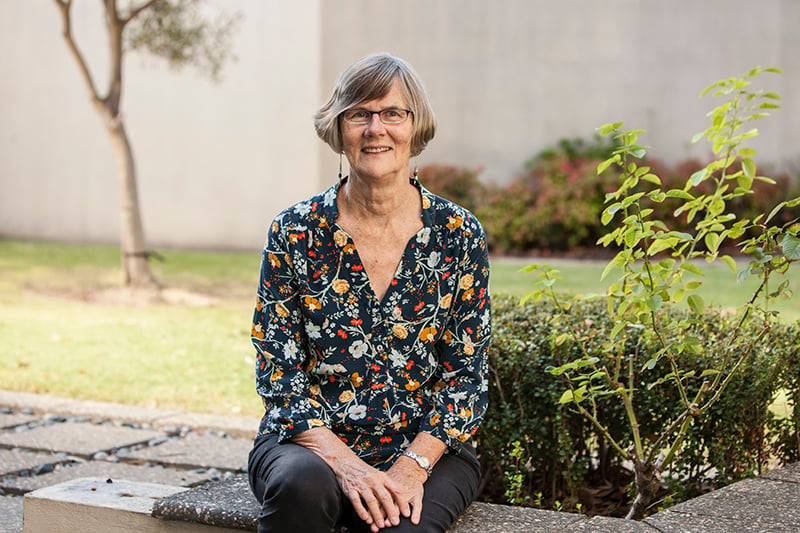Search
Research
Following in Banting’s footsteps or straying from the path? Observations from contemporary diabetes innovationWhile advancements in the treatment of diabetes continue to rapidly evolve, many of the newer technologies have financial barriers to care, opposing the egalitarian ethos of Banting who sold his patent on insulin for a nominal cost to allow it to be made widely available. Inequity in access to new therapies drives disparity in diabetes burden with potential for these gaps to widen in the future.
Research
Individual variation in vaccine immune response can produce bimodal distributions of protectionThe ability for vaccines to protect against infectious diseases varies among individuals, but computational models employed to inform policy typically do not account for this variation. Here we examine this issue: we implement a model of vaccine efficacy developed in the context of SARS-CoV-2 in order to evaluate the general implications of modelling correlates of protection on the individual level.
Research
The effect and control of malaria in pregnancy and lactating women in the Asia-Pacific regionHalf of all pregnancies at risk of malaria worldwide occur in the Asia-Pacific region, where Plasmodium falciparum and Plasmodium vivax co-exist. Despite substantial reductions in transmission, malaria remains an important cause of adverse health outcomes for mothers and offspring, including pre-eclampsia. Malaria transmission is heterogeneous, and infections are commonly subpatent and asymptomatic.
Research
The Health Outcomes and Health Service Needs of the Martu and Nyiyaparli People of Northwest Western Australia: A Grey Literature ReviewHealth outcomes for Australian Aboriginal and Torres Strait peoples are very poor. This is considerably worse in remote regions. The East Pilbara, where the Aboriginal and Torres Strait Islander communities of the Martu and Nyiyaparli people reside, is one such remote region.
Research
Composition and diversity of gut microbiotaThe gastrointestinal tract has one of the most diverse and complex microbial communities in nature which is shaped by both external and internal factors throughout a human's lifespan. The gut microbiota and the host have coevolved and coexisted to create a mutualistic relationship as the bacterial community has many functions in the body.
Research
ACTIVE STRIDES-CP: Protocol for a randomised trial of intensive rehabilitation (combined intensive gait and cycling training) for children with moderate-to-severe bilateral cerebral palsyFor children with cerebral palsy (CP), who are marginally ambulant, gross motor capacity peaks between 6 and 7 years of age with a subsequent clinical decline, impacting their ability to engage in physical activity. Active Strides-CP is a novel package of physiotherapy targeting body functions, activity and participation outcomes for children with bilateral CP. This study will compare Active Strides-CP to usual care in a multisite randomised waitlist-controlled trial.

CliniKids, the first stand-alone clinical service offered by The Kids Research Institute Australia, was launched in October 2019 and is already delivering benefits for families with children who are developing differently.

An international clinical trial led by The Kids Research Institute Australia Cancer Centre is trialling a drug which could increase cure rates for aggressive forms of childhood brain cancer.

The ORIGINS Project, a collaboration between The Kids and Joondalup Health Campus, is collecting data and biological samples from 10,000 families over 10 years. Its work is also giving participating families a valuable heads up on health issues.

Strong advocacy efforts have paid off with health and food safety ministers from around Australia and New Zealand finally approving the recommended version of a warning label designed to highlight the potential risks of alcohol during pregnancy.
